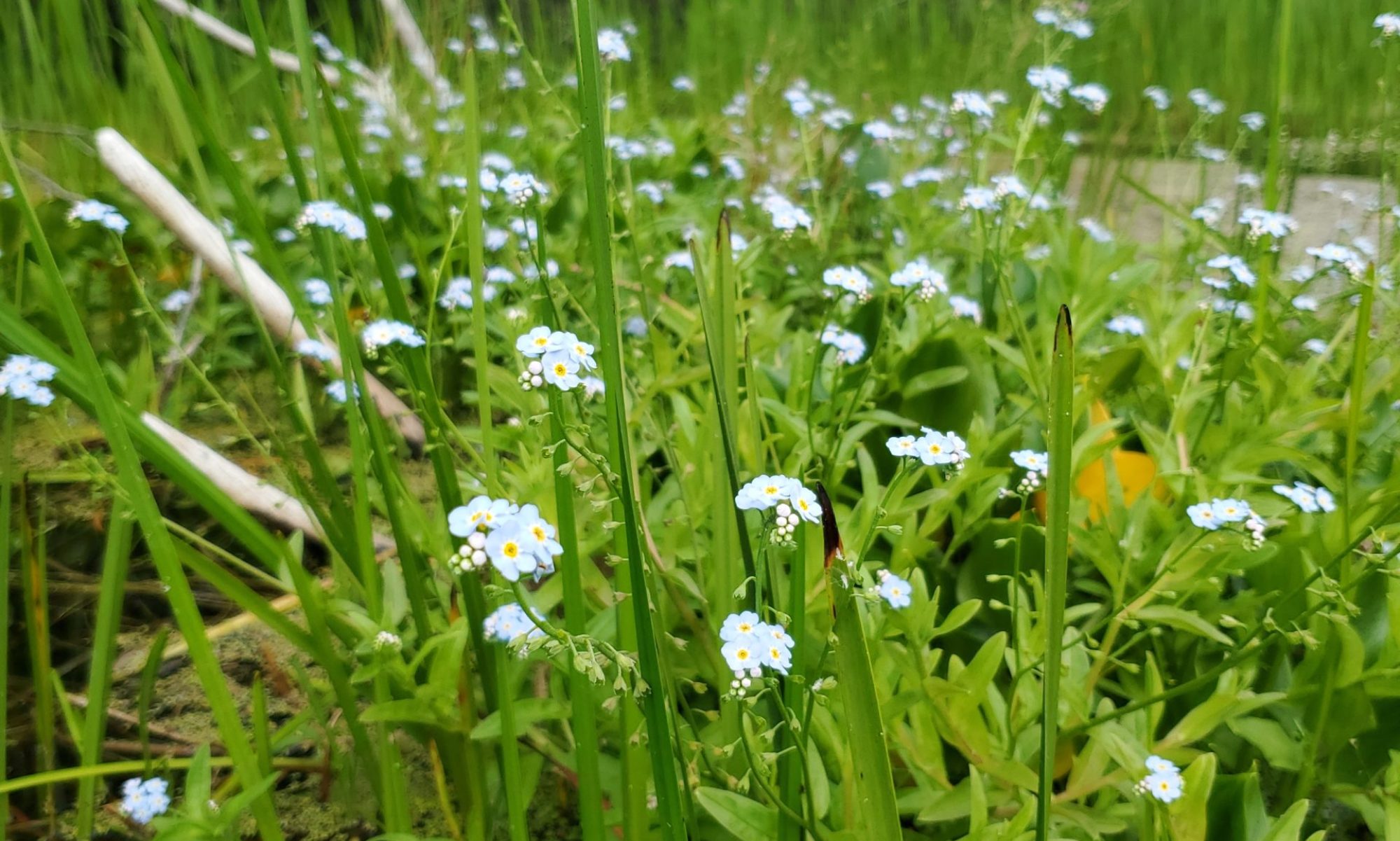Learning progressions are the building blocks of education. Yes, a teacher can work solely on the grade specific curriculum with their students each year, but by developing a deeper understanding of the knowledge acquired by the students leading up to the teachers’ own lesson plan can help both the teacher and their students by creating a deeper learning and more advanced understanding of the material. For example, if a curriculum requirement is to be able to make predictions in their reading a teacher can either:
a) explain to the students what a prediction is and teach them how to find it, setting them off on a while goose chase
b) relate predictions with something that the students would have likely already learned, like finding plot and setting clues throughout what they have already read and then prompting the students to make their predictions based off that information
In the latter scenario the students will likely already be familiar with identifying plot and setting details in stories, and then by using that as a building block the teacher can teach the students how to use that information to make predictions in their reading. This takes a concept that they already understand and maneuvering it in such a way that they are simply using the information differently than they had before.
It is important that a teacher understand the benefits of learning progressions because if they see each their curriculum as a closed beginning and end to learning they will be leaving students with the sense that each chunk of learning is independent from one another. Therefore students may see addition and subtraction as two completely separate entities of math which may make doing more intense math later in their education career much more difficult because they were not given the opportunity to make connections between the two.
It is also important for a teacher to acknowledge learning progressions because if a student is struggling with understanding a certain concept or learning intention it might not be because of the goal at hand. The student may be struggling because they were not able to fully grasp one of the imperative learning progression blocks that were necessary to build the grade specific skill. So, if the teacher is able to go back through the learning progressions and find the skill that the student had not yet entirely mastered and work on that until it has been entirely understood, then the student will be able to do the assignment in class with a full understanding of what is expected as well as how to do it.
From the learning activity on October 30th, the main facet that I learned is that in order to understand the learning progressions of a certain topic it is important to understand the topic itself inside and out. My group had decided to lay out the learning progressions of rhythm for instruments and band and while the concept seemed easy enough, we could not have done it without our group member that had already studied music for many years prior. The learning activity taught me that a teacher can go about learning progressions in two ways: one being a very broad overview with only the main elements laid out in order of what needs to be learned, and two being the understanding of each nitty gritty detail. It is like there are building blocks within the learning progressions themselves. The concept itself appears to be daunting because how can one expect themselves to know every single step of learning prior to and after their grade level curriculum that they are teaching? Through the readings and class activity it seems that there is no single answer to this question, however, perhaps it is one that comes with its’ own learning progressions for us, as teachers.
We cannot expect ourselves to have a full understanding of everything all the time, just like we cannot expect the same of our students. So, as we would with our students, when we run into a hiccup in finding learning progressions for our students we may have to be kind to ourselves and look for the building blocks of our own knowledge that we may be missing in order to properly convey the knowledge to our students.
As the banner of my blog states, I am learning to teach and I am teaching to learn. Education is cyclical and dynamic and provides a lifelong journey of learning.
